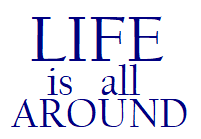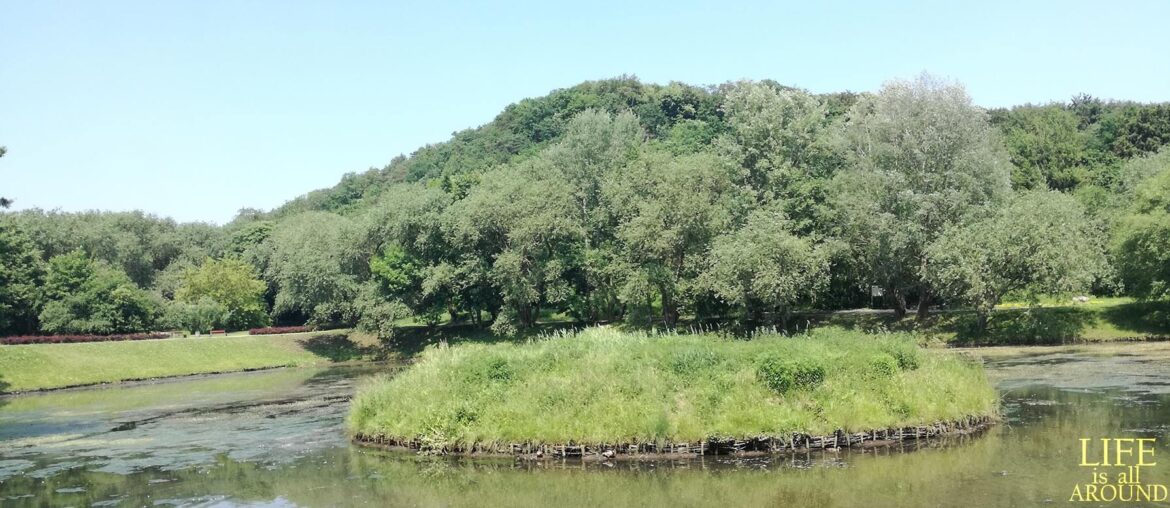We all have an ID or a passport. Some say your passport shows your identity. In any case, most of us have different identities. The question is whether identifying with a few things can aid or impede our growth.
How the identity forms
Before attempting to answer the question, it can help to mention some facts about the mechanics of identity. In short, our likes and dislikes create our identity. Whatever we consider good, we naturally identify with it. Whatever we consider bad, we naturally want to avoid.
In other words, the basis of identification is the attraction to one thing and the aversion to another. Because we like our countrymen and the sense of belonging, we may identify as our nationality. Similarly, if we hate lies, we may identify as an honest individual.
Although our identity mostly forms unconsciously over the years, we still have a saying on what we want to identify with. For example, you can claim to be Christian or you can be a Muslim. Similarly, you can identify with your nationality or you can decide to be a global citizen. You have some control over your identity.
Is identity useful?
The relevant question here is whether having an identity helps you or not in your journey of life. Certainly, taking on certain identities can help us in the activities that we perform. For example, if you identify as a prestigious lawyer, you can be confident and persuading in trials. If you identify as a passionate gardener, you will enjoy and be good in gardening.
Identities can help us efficiently carry out activities. However, once the corresponding activity is over, the identity that we have is no more useful. Imagine you are a great lawyer. Once your shift is over, you come home at your family. If you still bring with you the label of the “great lawyer” and keep it above the label of “loving husband”, your marriage may face difficulties.
Our identities are like masks we put on our faces to perform certain activities. If the mask stays glued in our face all the time, it stars to become more like a burden rather than an aid. The identity of gardener is useful only while gardening or talking about it. The rest of the times, it will just needlessly preoccupy your mind and not let you think clearly.
The paradox of identity
Although identities are one of the reasons humanity has achieved so much, we still find a way to suffer from it. When we identity with something we are not, we get entangled with it and cannot give ourselves totally to what it matters the most at a certain time.
You cannot always be a gardener or lawyer. The reason is you picked up those skills during your life. You did not have them from birth. What you accumulate can be yours but it cannot be you. It is illogical to think that you are a lawyer, but you can claim to possess great lawyer skills.
If you think you are your accumulations, then what were you before you accumulated them? If you can gather and pick up something from the environment, then most probably there is something more fundamental within you that allowed those accumulations to happen.
Takeaway:
- Our likes and dislikes create our identity. Whatever we consider good, we naturally identify with it.
- Identities can help us efficiently carry out activities. However, once the corresponding activity is over, the identity that we have is no more useful.
- When we identity with something we are not, we get entangled with it and cannot give ourselves totally to what it matters the most at a certain time.

